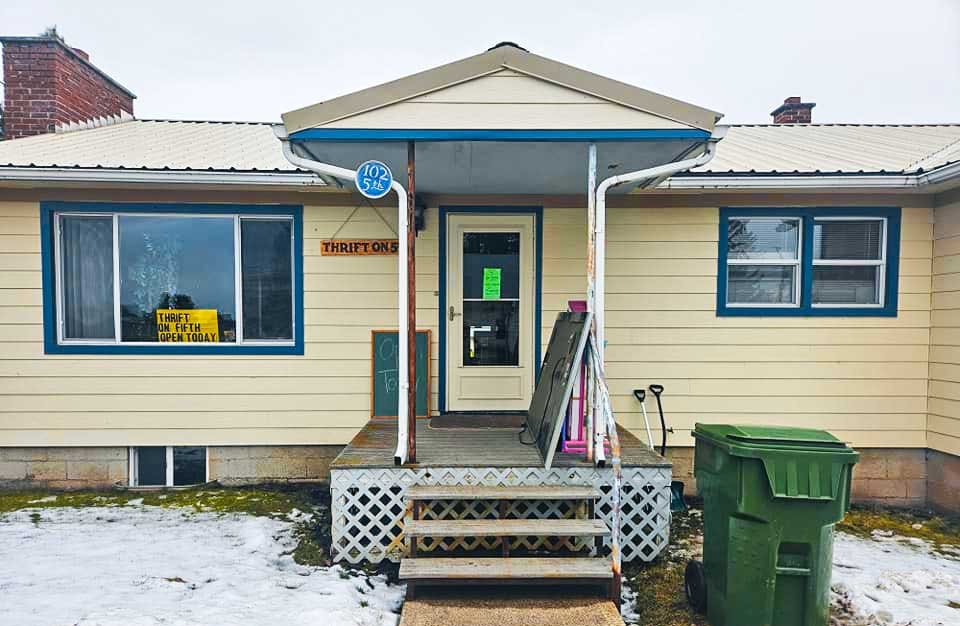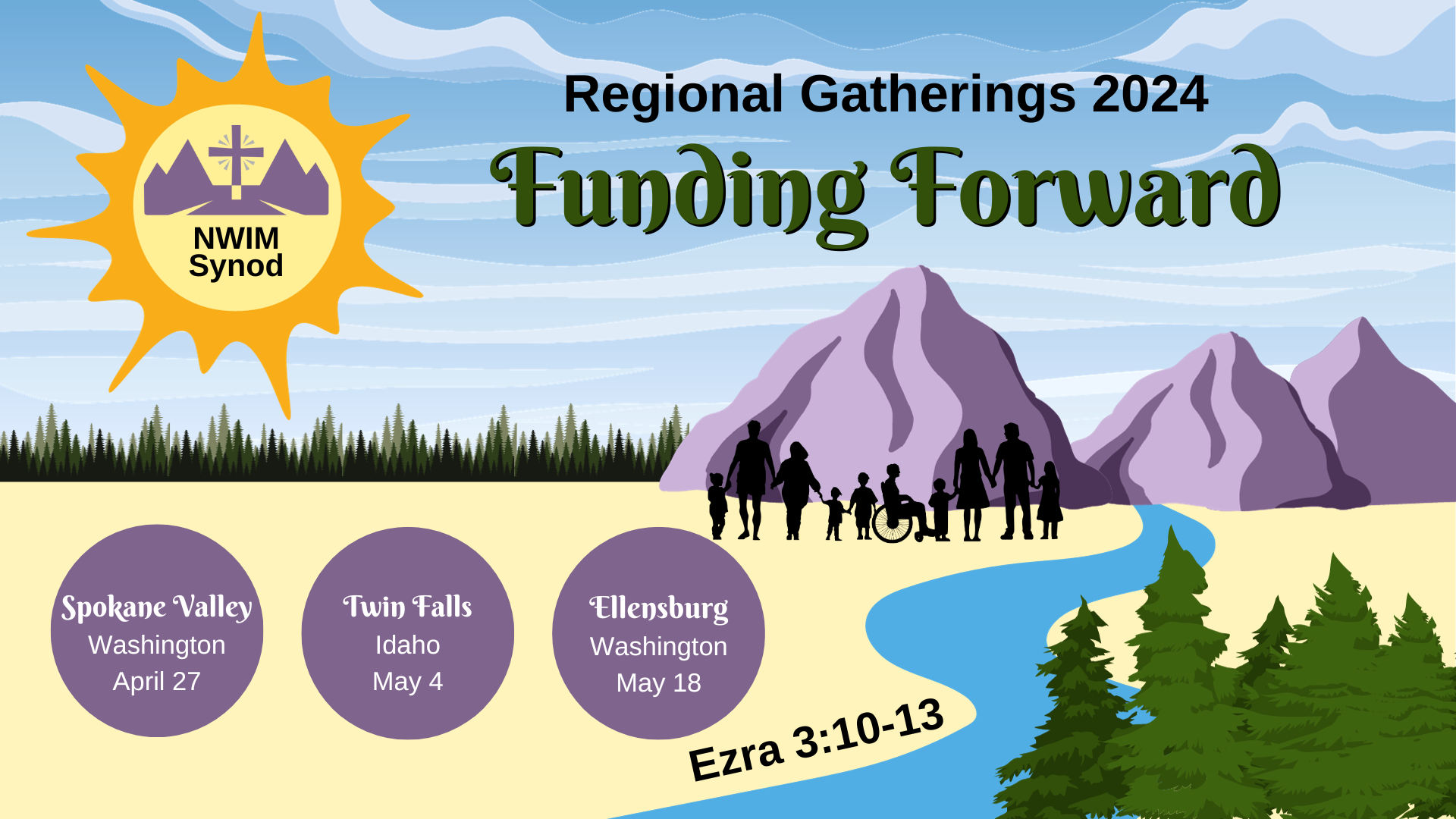A Message from Pastor Phil Misner
Dear People of the Northwest Intermountain Synod,
This past week featured the first track meet of the Idaho high school season. Fortunately for me and the athletes, it was a beautiful, sunny day in Lewiston, ID. The word “Lent” is linked to the Old English word “lencten” which means something like lengthening. On March 31 there will be nearly 100 more minutes of daylight than there were on March 1. The days are indeed lengthening in this part of the globe. With those longer days come the sprouting of seeds, green blades of grass, of wheat, of crocus and daffodil and tulip. Sitting trackside looking out over the breaks of the Clearwater and Snake Rivers, it was as if I could see the greening of those breaks in the warmth of the spring sun and the lengthening of days.
The Revised Common Lectionary reading assigned for the Fifth Sunday of Lent this year comes from John 12 where we find Jesus saying: “Very truly, I tell you, unless a grain of wheat falls into the earth and dies, it remains just a single grain; but if it dies, it bears much fruit” (John 12:24). This passage, along with the lengthening of days and greening landscape, have me reflecting on all the ways God is renewing life all around us; bringing to life something new from what once was barren.
I think about St. John’s Lutheran Church in Nez Perce, ID. For many decades of this congregation’s ministry a pastor lived in the parsonage across 5th St. from the church building. There came a time when the parsonage was no longer in use and sat empty. Then God’s Spirit moving, in and through the people of St. John’s, prompted them to convert that parsonage into a store named Thrift on Fifth. One hundred percent of the money taken in at Thrift on Fifth gets dispersed to assist folks in areas of health, hunger, and education. God, in and through St. John’s, bringing to life something new from what once was barren.
Thrift on Fifth
I think about Peace Lutheran Church in Colfax, WA. The congregation owned a vacant lot just down the street. For a long, long time the gravel lot was only used occasionally for overflow parking. Several years ago the congregation, in partnership with Backyard Harvest, transformed the lot into a community garden featuring raised beds. It now provides produce to the local food bank and plots for community members to garden. “Unless a grain of wheat [or a tomato seed] falls into the earth and dies, it remains a single grain [or seed]; but if it dies, it bears much fruit.” God, in and through the folks of Peace Lutheran, bringing to life something new from what once was barren.
Peace Lutheran Community Garden
At the NWIM Synod’s Regional Gatherings later this spring, Grace Pomroy will lead us as we lean into a passage from Ezra 3. At that point of time, God’s people were just returning from the Exile to Jerusalem. Much of the city still lay in ruin—including the temple. Once the foundations of the new temple were laid, there was much joy as God was bringing to life something new from what once was barren. At the same time, there was much grief over all that once was and all that was lost. This mixture of grief and hope, of sadness and joy drive home Jesus’ words in John 12. There is dying and rising in the newness God is up to; there is joy and grief. Yet the promise remains that God will continue to bear fruit. I look forward to being with you at a Regional Gathering near you as we wonder about what new life God is bringing forth in our midst. “Very truly, I tell you, unless a grain of wheat falls into the earth and dies, it remains just a single grain; but if it dies, it bears much fruit” (John 12:24).
God’s blessings be yours,
Pastor Phil Misner






